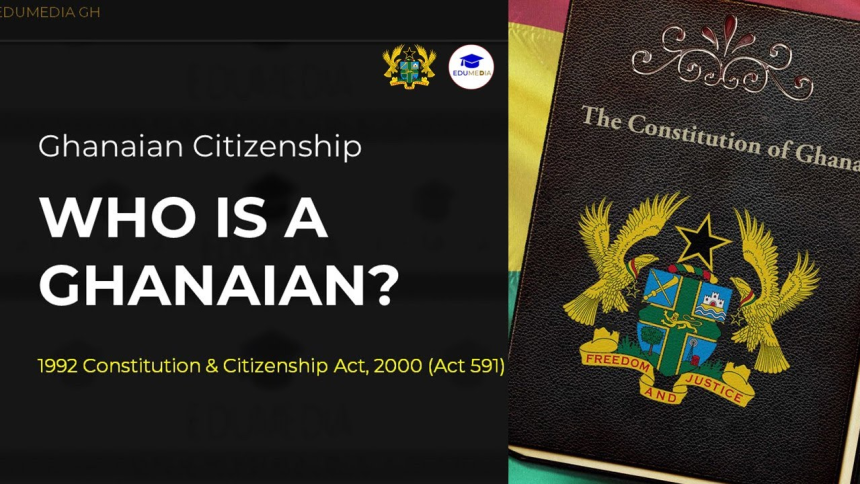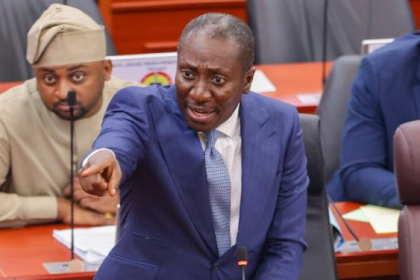The integrity of Ghana’s passport and citizenship regime is under serious threat. Recent revelations about Ms. Niharika Handa and her son, Mr. Punar Vasu Handa, demand nothing less than a thorough, independent investigation.
Ms. Handa fled India while facing 14 non-bailable arrest warrants and was later declared a proclaimed offender. Yet, within a year, she and her son had somehow obtained Ghanaian citizenship and passports, despite the fact that they had not lived in Ghana for the mandatory seven years required by law.
This would be troubling enough. But even more concerning are the glaring discrepancies in Ms. Handa’s identity documents. Her Indian passport records her birth year as 1961, while her Ghanaian passport lists it as 1965. Her lawyer has described this as “a clerical error.” But if it were merely an error, why has she not corrected it? Instead, she has used the passport extensively for international travel, opened bank accounts, and registered companies both in Ghana and abroad with the disputed date.
Evidence also shows that Ms. Handa holds multiple conflicting birth years across various documents: 1961 on her Indian passport, 1964 on her Indian PAN card and driver’s licence, and 1965 on her Ghanaian documents. Investigators say she has used all three to open businesses and bank accounts internationally. Her son has also presented inconsistent dates of birth in his Ghanaian and Indian documents.
This is not simply a clerical matter. It points to a calculated scheme of identity manipulation. And yet, Ghana’s immigration and naturalisation systems allowed both mother and son to pass through undetected.
The implications for Ghana are profound. If fugitives with questionable backgrounds can so easily acquire Ghanaian passports, what prevents money launderers, terrorist financiers, or other dangerous actors from doing the same? Already, security experts warn that cases like this could erode international confidence in Ghana’s passport, making it harder for ordinary citizens to travel and do business abroad.
We cannot afford to be complacent. Parliament, the Ministry of Interior, and the Ghana Immigration Service must act immediately. A full inquiry should be launched into how Ms. Handa and her son obtained citizenship and passports in record time. Officials who failed in their duty—or worse, who may have facilitated this fraud—must be held to account.
Ghana’s citizenship is not for sale. It is not a loophole for fugitives to exploit. It is the sovereign bond between the state and its people. To protect it, we must treat this case not as a scandal to be brushed aside, but as a matter of national security.
Our institutions must demonstrate that Ghana will not be a refuge for fugitives and fraudsters. If we fail to act, the damage will not only be to our reputation but to the dignity of our nation itself.






